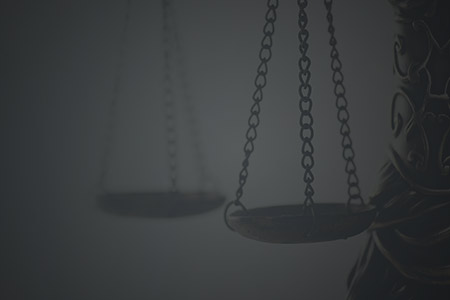Director’s and Officer’s Liability
The law imposes a broad range of duties on the directors and officers of a corporation. If these duties are not fulfilled, the corporation’s directors and officers may face personal liability.
Fiduciary Duty
Directors and officers have a fiduciary duty to the corporation. The fiduciary duty sets the standard of behaviour that a director or officer must follow when acting for the corporation, for example, ensuring that the corporation’s interests come first. In summary, the fiduciary duty requires the directors or officers to act honestly and in good faith with a view to the best interests of the corporation.
There are more specific obligations tied to a director or officer’s fiduciary duty, including:
- Duty to avoid conflicts of interest and to disclose relevant information; and
- Duty of confidentiality, confidential information, and continuing confidentiality.
Duty of Care
Directors and officers must perform their duties with the care, diligence, and skill that a reasonably prudent person would exercise in comparable circumstances. This requirement sets out the minimum standard of business competence and ability that every director and officer must meet.
Corporate statutes in Canada set out a number of specific liabilities related to a director or officers’ duty of care. For example, if a director or officer agrees to sell shares for non-monetary payment worth less than the shares’ fair value, they can be held personally liable for the difference between the sale price and fair value.
Generally, directors and officers will not breach their duty of care if they act prudently and on a reasonably informed basis. Directors and officers can further protect themselves by relying on professional advice from lawyers and accountants.
We are here to assist you protect your business.
Contact Hum Law Firm today for advice if you are dealing with failure of a director or officer to meet these obligations.


